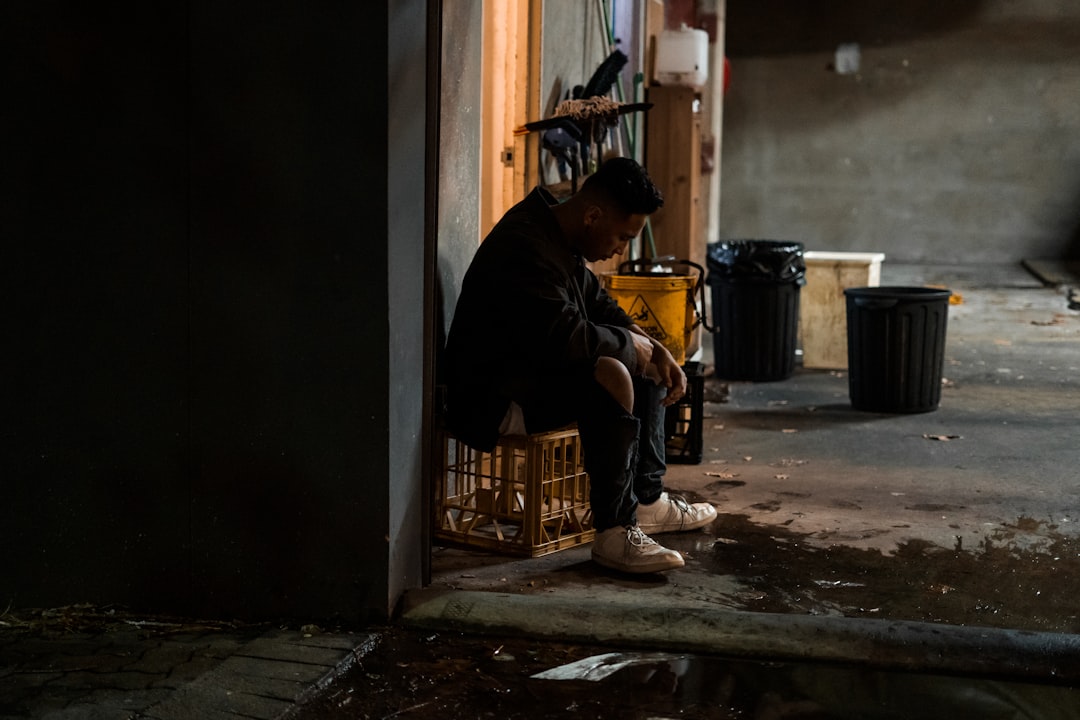Forced Treatment? Inside Trump's Shocking New Plan That Could Upend Homelessness Policy Forever

A bombshell executive order signed by President Donald Trump is set to completely overhaul the nation's approach to homelessness, but a controversial new provision has advocates sounding the alarm. The administration is touting the directive as a way to finally tackle the "root causes" of the crisis, but critics are pointing to one shocking detail that they say could have devastating consequences.
For years, the federal government has poured tens of billions of dollars into housing programs, yet the sight of sprawling encampments in major cities remains a persistent issue. According to the Trump administration, this proves that the old methods have failed. Their new strategy, outlined in the executive order, aims to pivot away from a housing-first model and focus intensely on what they identify as the core drivers of street homelessness: severe mental illness and substance addiction.
The Controversial Core
Here's the part that has everyone talking. The order paves the way for states and municipalities to more aggressively intervene, making it easier to remove people from the streets and place them into treatment facilities. While this may sound proactive, the fine print suggests a dramatic shift in power, potentially allowing authorities to force individuals into treatment programs, even if they refuse. This move from voluntary support to compulsory action represents a fundamental and contentious change in policy.
Advocates Sound the Alarm
Homelessness advocates and civil liberties groups were quick to condemn the move. They argue that the administration is misdiagnosing the problem. While mental health and addiction are significant factors for many, critics contend that the true root causes are systemic issues like the staggering lack of affordable housing, stagnant wages, and a frayed social safety net. They fear this new order won't solve anything but will instead punish the most vulnerable, stripping them of their autonomy without providing the long-term stability that only secure housing can offer. "This isn't a solution; it's a crackdown," one expert warned.
The stage is now set for a major clash over the future of homelessness policy in America. Is this a bold, necessary step to help those who cannot help themselves, as the administration claims? Or is it a dangerous overreach that tramples on individual rights while ignoring the economic realities that push people onto the streets in the first place? As cities and states grapple with how to interpret this new directive, the lives of thousands of unhoused individuals hang in the balance.

